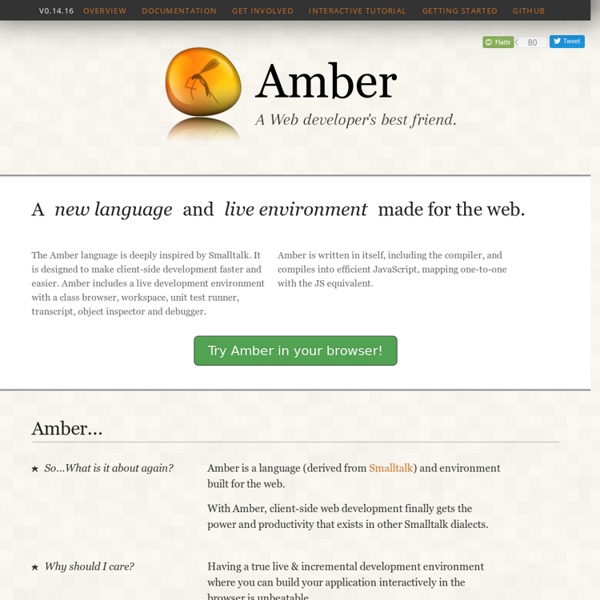



Tributary One Div Zero Learning JavaScript Design Patterns I would like to thank Rebecca Murphey for inspiring me to open-source this mini-book and release it for free download and distribution - making knowledge both open and easily available is something we should all strive for where possible. I would also like to extend my thanks to the very talented Alex Sexton who was kind enough to be the technical reviewer for this publication. I hope that it helps you learn more about design patterns and the usefulness of their application to JavaScript. Volume 2 of Essential JavaScript Design Patterns is currently being written and will be more detailed than this first edition. The ETA for it's online release is late Q4, 2011. At the beginning of this book I will be focusing on a discussion about the importance and history of design patterns in any programming language. One of the most important aspects of writing maintainable code is being able to notice the recurring themes in that code and optimize them. Patterns are not an exact solution.
The Julia Language Using a Regular Expression to Match HTML UPDATE: There was a big mistake in the above expression. Unfortunately .TEXT (trying to be helpful) munged the code I posted and uppercased some characters. I’m using FireFox to post so that I don’t get the helpful text editor. Also, the above didn’t take into account multi-line html tags. That’s been corrected now. I just love regular expressions. </? What’s not to like? Ok I admit, I was a bit intimidated by regular expressions when I first started off as a developer. So let’s look at a common task of matching HTML tags within the body of some text. </? Roughly Translated, this expression looks for the beginning tag and tag name, followed by some white-space and then anything that doesn’t end the tag. Now this will probably work 99 times out of 100, but there’s a flaw in this expression. <img title="displays >" src="big.gif"> Hopefully you see the issue here. Unfortunately, this implementation is too naive. Now there are four possible formats for an Html attribute \w+\s*=\s*"[^"]*"
15 Javascript Web UI Libraries, Frameworks and Toolkits Almost all of the rich web applications that we currently see on the web today rely on a subtle set of UI controls, libraries or frameworks (or toolkits) that not only greatly simplify application development, they also provide a consistent, reliable, and highly interactive User Interface. What more could you ask for? Currently, there are a wide varied range of Web UI frameworks covering varied languages – for today we will focus on Javascript Web UI libraries. …so, if you are looking for a fresh UI outlook, below you will find the best 15 Javascript Web UIs, all offering, to different degrees, solutions. LivePipe: UI Components for Prototype LivePipe UI is a suite of widgets and controls for applications that has been built using the Prototype Javascript Framework. UKI – Simple UI Kit for Complex Web Apps MochaUI – A Web Application User Interface Library Sigma Ajax UI Builder JxLib based MooTools JxLib is a JavaScript UI framework built on MooTools. Dijit – The Dojo Toolkit jQuery UI Alloy UI
Extender My computer adventures CanvasMark 2013 - HTML5 Canvas 2D Rendering and JavaScript Benchmark CanvasMark 2013 - HTML5 Canvas 2D Rendering and JavaScript Benchmark Tests the HTML5 <canvas> rendering performance for commonly used operations in HTML5 games: bitmaps, canvas drawing, alpha blending, polygon fills, shadows and text functions. Important notes for Windows + Chrome users! How to interpret the results [+] CanvasMark gives a score for the browser based on the combined performance in each of the various stress tests. How does it work [+] Each test is run and progressively tuned to stress the browser until a steady 30 frames-per-second (FPS) is reached.